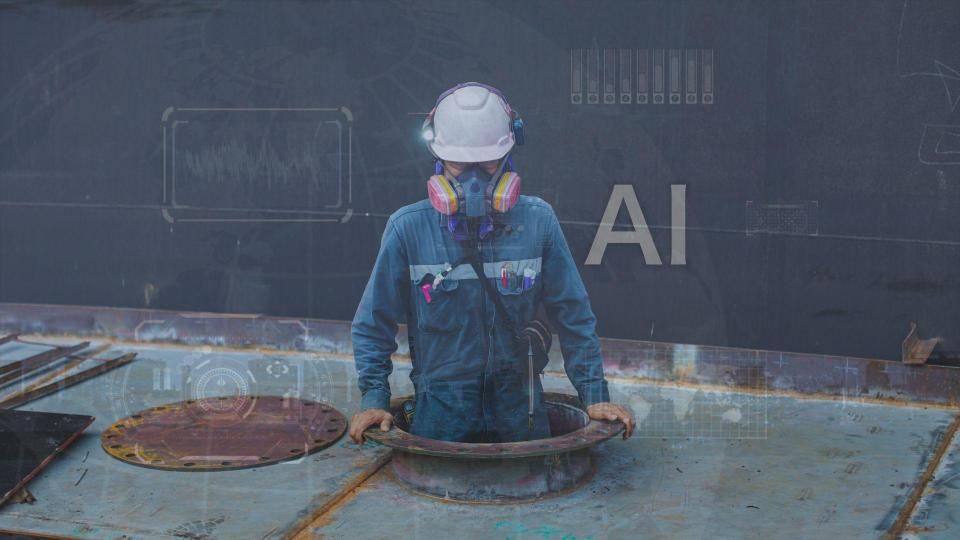HOW ARE SPREADSHEETS AND OTHER OFFICE TOOLS IMPACTING YOUR INSPECTIONS.
As you may already know Microsoft Excel, Microsoft Word, and Google Sheets are some of the largest office tools on the market. Many businesses are using these programs for performing work inspections besides other activities.
If you run inspections using one of these programs, you know how difficult it is to exchange data between separate software programs. You may have also noticed how complicated collaboration turns out to be.
Using multiple systems to perform a single inspection is time-consuming and inefficient; it can also have other major consequences that you are not entirely aware of.
Shadow IT. Paper-based inspections & checklists
Whitepaper Overview
-
How inspection engineers use these Shadow IT technologies
-
How they might impact the businesses’ growth and security in the long run
-
What risks arise across the organisation
-
What is the alternative
Shadow IT Explained
Shadow IT is the collection of systems and applications that exist within the company’s IT landscape but haven’t been officially authorized for certain purposes.
Is performing inspections using MS Excel, MS Word, or Google Sheets part of the shadow IT landscape?
Unfortunately, it is, and despite these technologies being used outside the company, they are often used for business purposes because of a lack of alternatives. If you run inspections using one of these programs, you know how difficult it is to exchange data between separate software programs.
You may have also noticed how complicated collaboration turns out to be. Using multiple systems to perform a single inspection is time-consuming and inefficient, it can also have other major consequences that you are not completely aware of.
In this whitepaper, we are going to clear the air by explaining how inspection engineers use these technologies, how they might impact the businesses’ growth and security in the long run, what risks arise across the organization, and what the alternative is.
Research from Spiceworks proves that 40% of end-users are still going behind the IT department’s back to set up unapproved services, causing data breaches, stealth, malicious activity, and data loss. There are situations when the IT departments unintentionally limit the business performance when building specific technology domains, with little or no consideration of whether other technologies might be more suitable and leaving little room for autonomy.
TESTIMONIALS

Leo Brand

Thomas Visser
Usage of the Smartflow environment makes it much easier to standardize workflows and to reduce administrative time and errors. For example, when a tanker is discharging her cargo, only questions relevant for discharging activities are provided.
Furthermore standard information and remarks that are applicable for Vopak Terminal Europoort such as emergency procedures, can be pre-filled thus reducing the amount of questions that need to be performed.
Having all data in one digital environment makes it possible for each stakeholder to have easy access to all relevant and up-to-date ISGOTT documents. Zero paper waste as operators perform the process using a PC and ATEX certified tablet.

Mark van der Wolf

Mario Rovers
The Smartflow app helps inspectors collect and interpret data. We can easily analyze data and prepare for future events or to predict failure. Data can be analyzed immediately consequently improving the quality of inspections.
What is holding your organization back? What is the element that is still missing from deciding to implement a connected worker solution?







